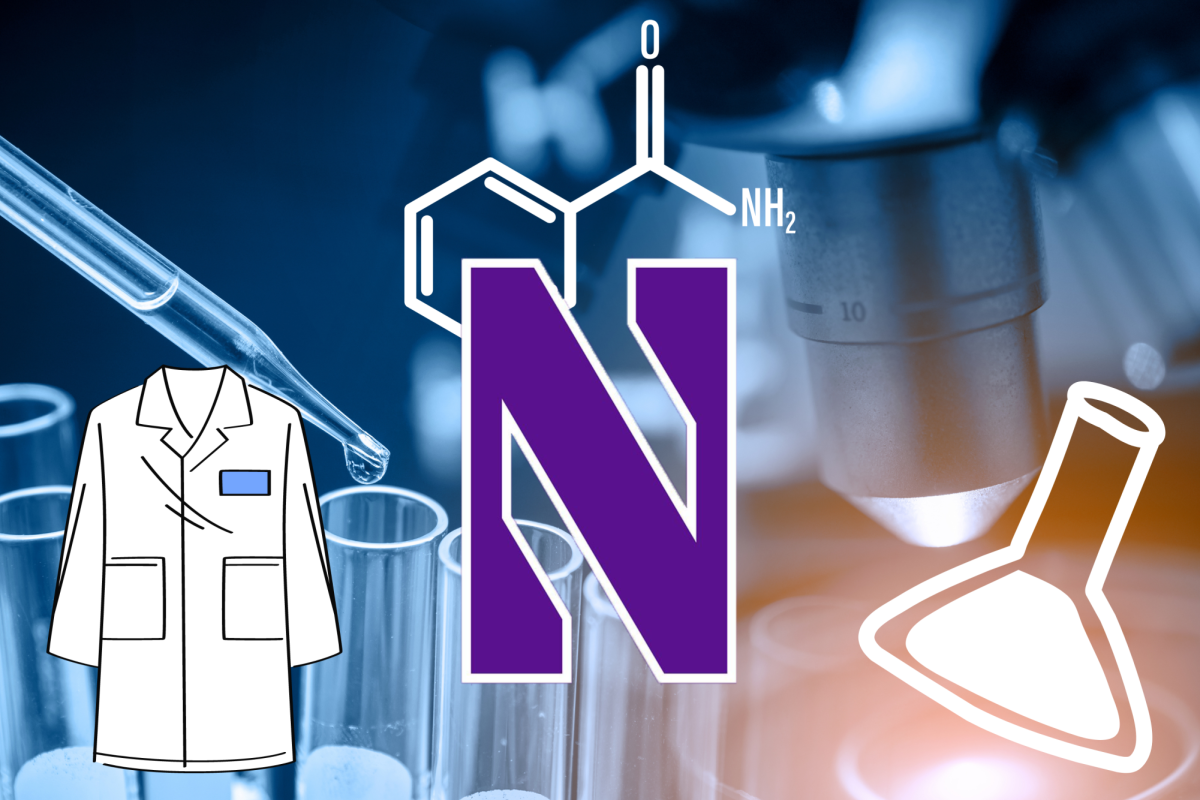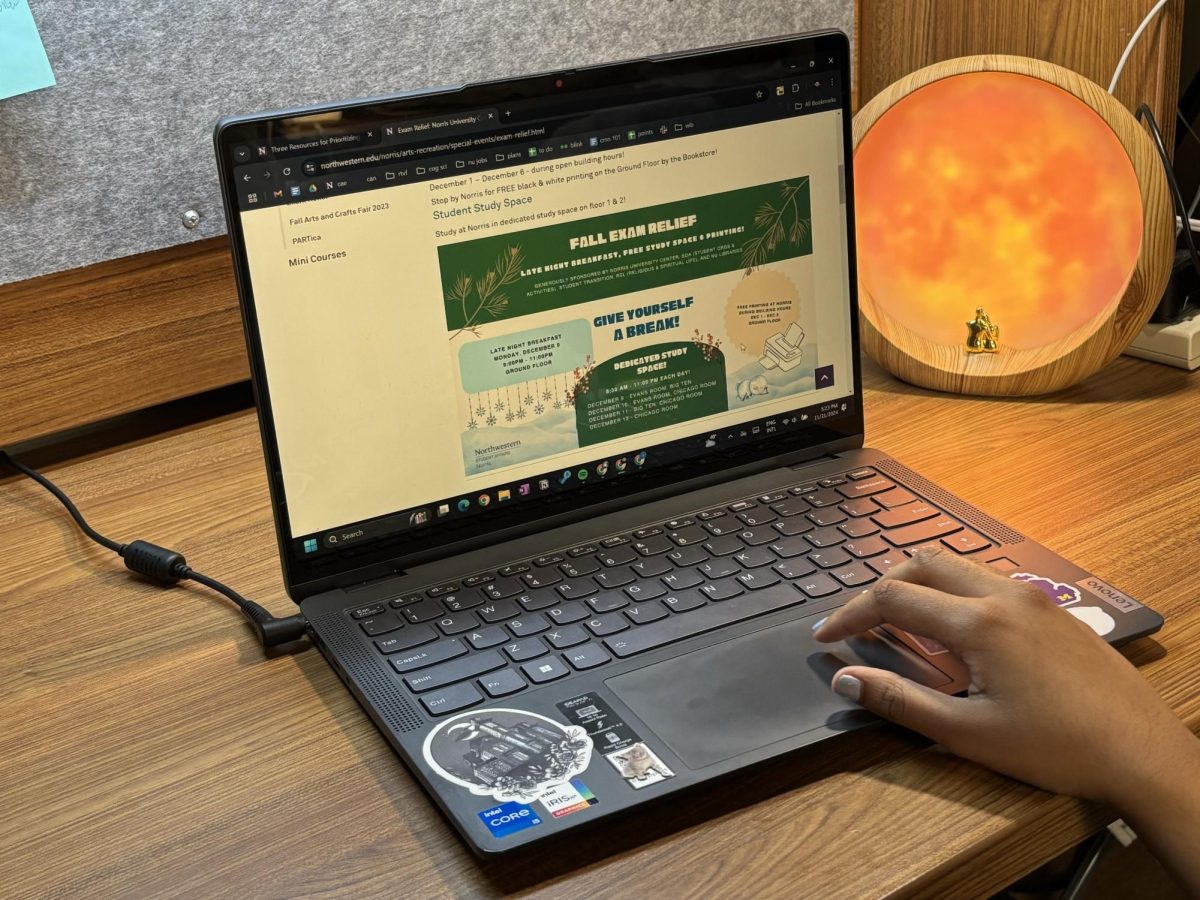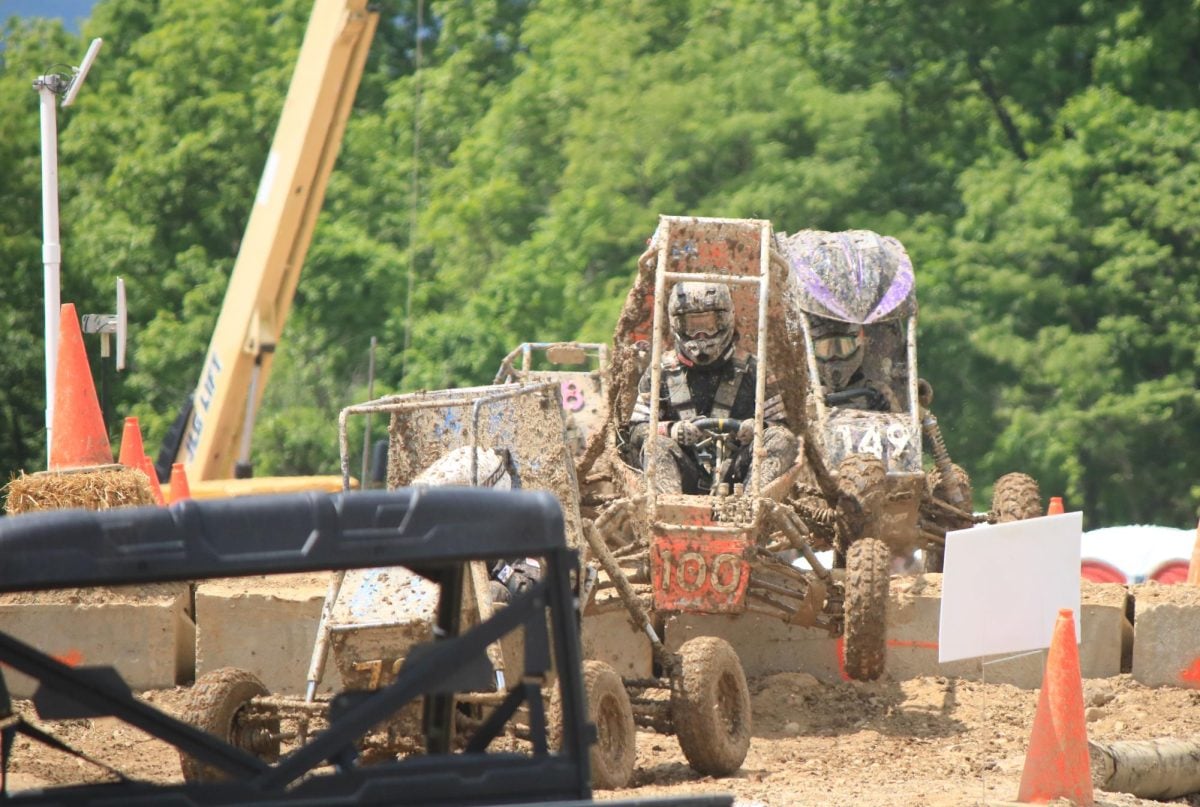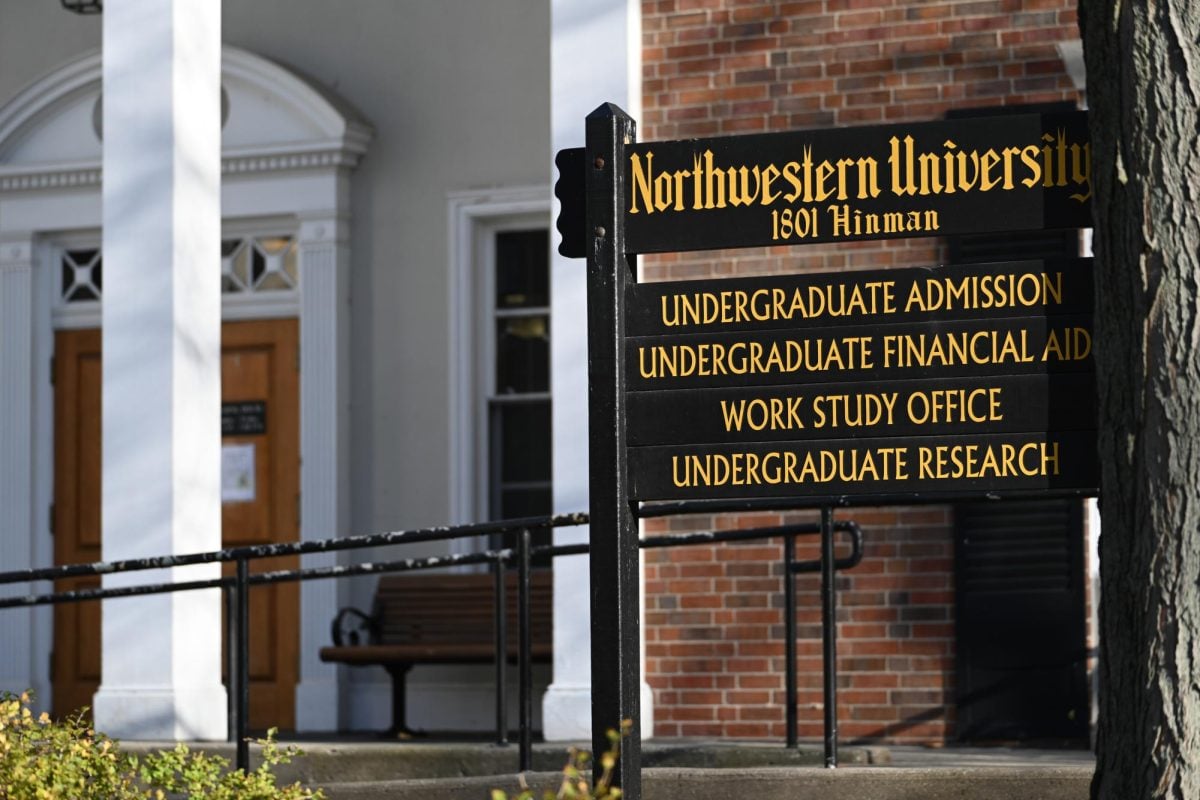Instances of plagiarism and academic integrity violations are on the rise among college students, according to a recent survey by the Pew Research Center.
In the August survey of 1,055 private and public university presidents, over half said plagiarism in students’ papers at their schools has increased over the past 10 years.
Weinberg Assistant Dean Mark Sheldon said in an email that over the past two years, NU faculty have asked him to investigate over 200 cases of academic integrity violations in Weinberg classes. These incidents involved students from various undergraduate schools, with consequences ranging from letters of reprimand to permanent exclusions from the university.
“We’ve had some really serious cases,” Sheldon said. “People have been permanently excluded.”
Sheldon said there have been instances where students have taken other students’ papers without permission, erased the name and written in their own. Other violations included the fabrication of blue books and the impersonation of a professor, in which the student emailed the class saying that an exam was cancelled.
While Sheldon does acknowledge an increase in cases at NU over the past few years, he said he is unsure if more students are actually cheating or if detection methods have simply improved. With tools like SafeAssignment, an electronic plagiarism detection system used by many NU professors, it is much easier to determine if a student is submitting original work, he said.
However, many professors and administrators agree that technology helps students violate codes of academic integrity. The Pew survey found 89 percent of university presidents said the influence of technology and the Internet has been a key factor in the increase in plagiarism among students.
“It’s physically easier to lift material because of the Internet, in a way that 10 years ago papers were harder to get – physically harder to get,” said Jeffrey Masten, an English and gender studies professor at NU.
Masten said he has noticed a recent rise in plagiarism in his classes. In his annual Introduction to Shakespeare class, he said, he often has one or two academic integrity violations per class. Because Shakespeare’s work is so widely read and analyzed it can be very tempting for students to use resources they find online for their own projects, he said.
In addition to technology, some attribute the rise in cheating to the high-stress atmosphere of NU.
“Everyone here is a pressure cooker,” Sheldon said. “Not only because it’s academically such a rigorous institution, but that we’re on the quarter system, and that just adds to the madness.”
Michele Bitoun, senior director of undergraduate education and teaching excellence for Medill, said NU students place a high amount of pressure on themselves to do well. She also noted the fast-paced, demanding nature of journalism specifically contributes to mistakes, both accidental and deliberate.
“There will always be pressures on people,” Bitoun said. “In their professional life as a journalist there’s going to be tremendous pressure on them to take on a lot, to do things quickly – all the pressures that might lead you to make a mistake or even do something deliberate to sort of cut corners.”
Instances of plagiarism can extend beyond college, with violators facing severe consequences. A few weeks ago, Medill alumna Kendra Marr resigned from the political news organization Politico after editors noticed similarities between her work and stories written by publications including The New York Times, the Associated Press and Scripps Howard.
Bitoun said each year she sees a “handful” of cases of academic integrity violations involving Medill students each year, with the majority of them occurring in classes outside Medill.
Other schools within NU experience cheating in various forms. McCormick sophomore Kelly Staricha said she has seen a fair amount of cheating in her engineering classes, where she says students sometimes copy friends’ homework assignments.
“People wait till the last minute and copy other people’s homework,” she said.
Communication sophomore Sammy Zeisel said while he has not had any experiences with cheating within his school, he knows of students who copy each other’s notes and homework. However, he said he thinks cheating is more prevalent in high schools than it is on NU’s campus.
“I personally felt much more pressure on my GPA in high school than in college,” Zeisel said. “In high school everyone is competing for a very concrete goal: to get into a very competitive college. Here, I feel like there’s much less of a point in cheating.”
Susan Olson, assistant dean of the School of Education and Social Policy, said because SESP is such a small school, she does not see a very large number of academic integrity violations each year.
Sheldon, who attended a conference Oct. 14 through 16 hosted in Toronto by The International Center for Academic Integrity, said he has been thinking a lot recently about the issue of academic integrity. He said he plans to send a letter to the students and faculty of Weinberg focusing on the issue of academic integrity.
Weinberg sophomore Helen Lee said she feels that because NU is comprised of so many motivated students, students are less likely to need to cheat.
“They’re the ones who worked hard in high school, and I feel like they’re the ones that should be capable of doing their work without cheating,” Lee said.
In the end, it may be easier for students if they just sat down and did their own work, Masten said.
“I often think it’s more trouble to cheat on a paper than to do your own work,” Masten said. “It’s hard to be a really good criminal.”






